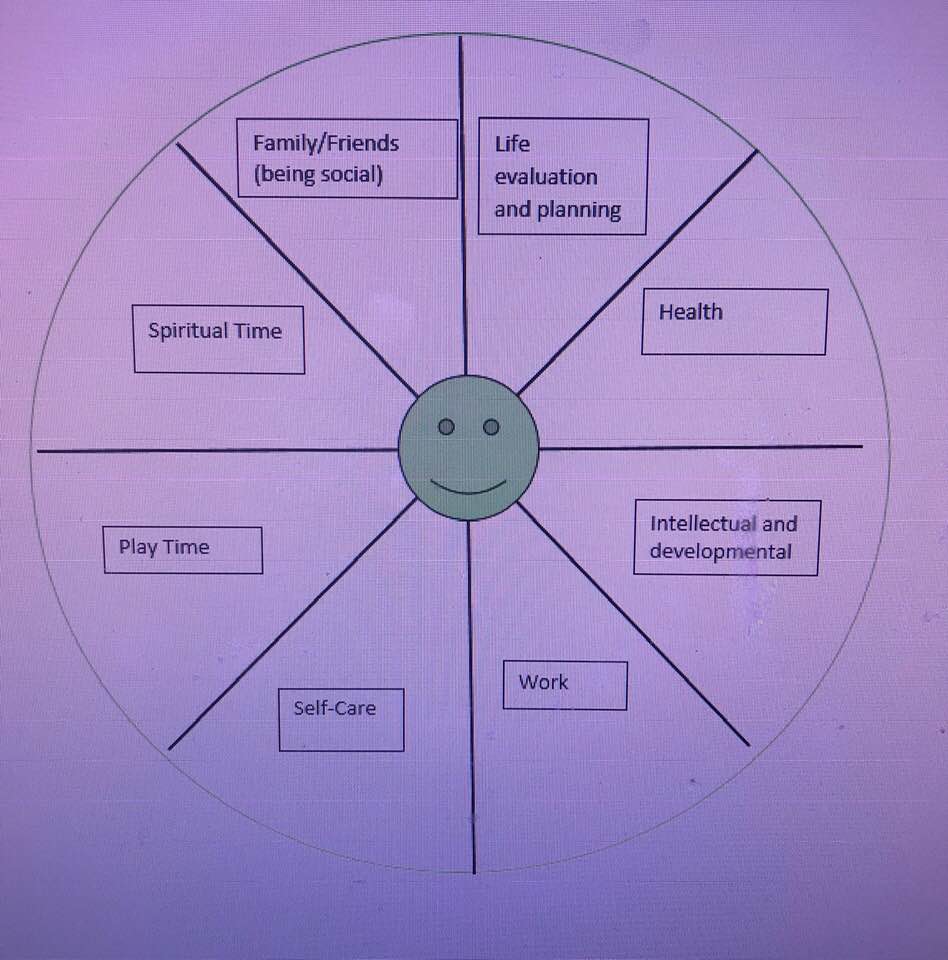INSPIRE ME
What Does it Take to Inspire You?
Most of us have dreams. Some of us accomplish them. Have you ever sat and wondered why that is? That is our topic today.
As a RN and a Certified Life Coach, I see so many people that have a specific goal in mind. When I first meet a person, we spend time talking about their goals, values and dreams. We then discuss what motivates them.
Everyone has a motivator. Common motivators are money, recognition, and health. These are all wonderful motivators. Remembering our motivators is a very important step in achieving any goal. When times get tough, and the goal may seem far, it is these motivators that will keep you going.
If you keep a journal, that is a great place to keep a list of your motivators. I also encourage people to write their motivators on note cards and keep them in places that they will look. As you place your motivators around the house, keep them in areas that correspond to your goals. This way, they will not only serve as motivators, but they will also serve as reminders.
The way that you write your motivators is also important. When you write your motivator, make sure that you write it as a sentence in the present. In other words, instead of writing something like, "I want to get rich," write the motivator like this, "I am saving my money," or "I am finding new ways to make money." When we begin to talk to ourselves in this fashion, our brain begins to see the goal in a different way. By looking at the goal in this light, we begin to break the steps down in our heads. We begin to see new ways to accomplish it as we remember we ARE making the difference.

The Life Wheel
Are all of the areas in your life in balance?
Balance in life is essential. When our life is out of balance, most of us have trouble moving forward. It is like trying to drive a car with a flat tire. It can be done, but not for long. When our lives are out of balance, we know it. We often suffer emotionally, mentally, and/or physically. We may just feel 'out of sorts,' but we may not know why. Take a minute to look at the wheel and really evaluate your life. Is it in balance? What areas do you need or want to work on?

For more information about the life wheel, please listen to the Healthy Time for Me Podcast #2.
What is in your tool box?
Just like a carpenter needs tools, we also need tools to get through life. For some of us, we may have learned these tools when we were children. As our parents raised us, they taught us what they had learned in their lives. We learned our coping skills and skills to navigate through life. As we aged, we kept the tools that worked and discarded the ones that didn't.
However life is ever changing. The tools that we used in the 1980's are somewhat different than the tools that we need to thrive today. In the 1980's, life seemed more simple. We did not have the pressures of multiple email accounts, the constant dinging of our cell phones, microwaveable dinner madness, and social media concerns. Heck, I don't even think we had the Internet in our homes yet.
This shows that the skills we need to survive and thrive change over time- At least externally. Our parents may have known a different sort of stress, but they still knew stress.
What if our parents did not teach us what we needed to know? What if they themselves did not know? This is when we must look towards our support system to gain new insights. This is another reason why having a healthy support system is important. There are times when we just don't have the tool that we need to get through situations in healthy ways. We need a little help learning a new insight.
So how do we gain new insights? We gain them through conversations with healthy people, reading great books, watching positive talks, through professionals, and sometimes, through movies or television shows. We learn by sharing with safe people and practicing the skills that we have learned.
Let me give you a basic example. Nursing students first learn nursing skills in a book and classroom. Once they read the process, they have to practice the skills in a skills lab. This is suppose to be a safe place to learn the new skill. Once the student has shown competency in the skill, they are checked off as competent. After this, they begin their clinical with a trained nurse in a hospital. It is during the clinical experience, that the students are able to practice the skills that they have learned and see how their knowledge applies in real life situation. The more they practice the skill, the better they get at it.
After the student is finished with all of their education, they have to take a state test. Once they pass the test, they are able to work independently, however many hospitals still have supervised nurse residency programs for their new nurses. This gives each of the new nurses time to establish a comfort level in their new role. It also gives them additional time to practice the skills that they have been working on for years. It is a process.
Life is a process and we all must also practice the skills that we learn each day. In other words, we must learn how to use the tools that we have. We learn when we have the tool that we need and when we need to look for a new tool. If we are constantly working on expanding our tool box, then we will have a greater selection to choose from.
We all have resistance in our lives
The following message is from podcast #10 - A Healthy Time for Me. Recorded by Anne Naulty, RN, MSN, PCCN, 2018
There are times in life when we set an end goal and the result happens with ease. These times are usually far and few in life. Most of the time when I set a goal and start moving forward to meet my objectives, it feels like there is one roadblock after another. These roadblocks may be large or small, no matter what the size, they cause me frustration. Often, this frustration seems to release pieces of self doubt that are locked deep inside.
Many years ago, I had a friend that told me "the bigger the resistance, the greater the reward." In other words, it seems that when we are moving towards a result that could potentially be life changing, we almost have to expect that there will be hurdles along the way.

How do you stay positive?
We know that a lot of our happiness comes from how we learn to see things in life. Optimism is a way of thinking that can be a real life changer. We recently conducted an informal social media survey and asked people, "How do you stay positive?" These were our answers:
I surround myself with positive people. ~Janeane W.
Believing that everything is possible. ~Mary W.
Focus on the little things that make my day or make me happy. ~Jolene S.
Don't sweat the small stuff. ~Jolene S.
Prayers and working out. ~Shannelle G.
Prayers and more prayers. I have a wonderful family and work with great people. Some adult beverages help. ~Diane A.
Remembering all of the things I'm thankful for helps me remember that that things could be worse. ~Hannah L.
With the saying from the song, "Everything's going to be alright," and baking. ~Laurie P.
Hand it to God and move on. ~Lisa C.
Count my blessings and work out. ~Shelly C.
Reminding myself that every situation is temporary, so there is always something on the other side of whatever bad situation I am currently dealing with. When I get there (on the other side) and look back, I can see that I have grown towards being a better version of myself having just walked through it. ~Tabitha H.
(Original survey was placed on Facebook-public, 2019).

Create a gratitude list every day
By: Anne Naulty, MSN, RN, PCCN
Sometimes in our search to accomplish our goals, we forget to celebrate and remember all of the things that we have accomplished. We forget to be thankful for the things that we do have in this life. When we sit and truly think about our lives, there are so many things to be grateful about.
I was first introduced to the concept of a gratitude list by my friend, Nancy W. who lives in Columbus, Ohio. No matter what was going on in my life, Nancy would always ask me if I completed my gratitude list each day. Some days, writing down 5-10 things that I was indeed grateful for was easier than other days. On the days when creating the list was the most difficult, I noticed that those were the days that I was in a self-proclaimed "bad mood." Those were also the days that I seemed to be focused on the negative aspects of life.
As I began to make creating a gratitude list part of my daily tasks, I began to realize that as I took the time to realize the things that I was grateful for, more things became apparent. The more I focused on the positive parts of my life, the bigger they became. I began to understand Nancy's wisdom.
I continue to create my daily gratitude lists most days. I have found that they empower me as they change my attitude. On those days that I find myself a little negative, I make sure I write down a few more areas of gratitude on my list.
A gratitude list should start with the words, "Today I am grateful for." It is up to you how you finish the sentence. I find it useful to number my areas of gratitude. Sometimes, I start with basic areas in my life that I am grateful for and I may work up to the more complex areas. Other times, I feel more introspective and am deeper with my lists. I have found that what I write down isn't as important as the actual act of completing the list.
The idea of a gratitude list has changed my life. It has given my inspiration and has made me grateful. It has made me more positive overall and has me thinking in a new way.
© Copyright Healthyme